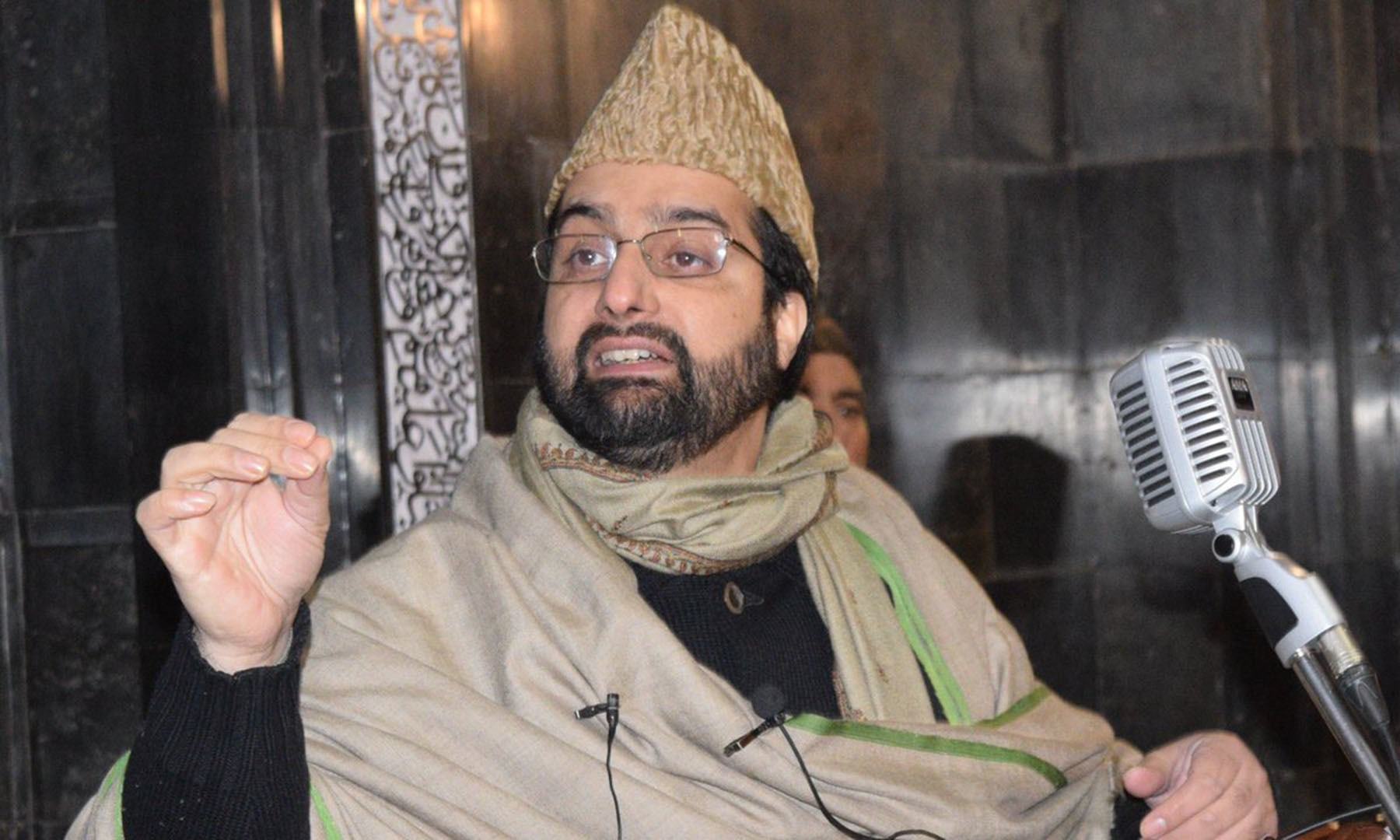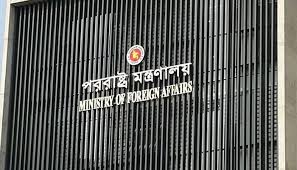
Urges India to reassess its Kashmir policy
According to Kahmir Media Service, speaking to reporters in Srinagar, Mirwaiz stressed that the political dimensions of the Kashmir dispute demand sincere and sustained engagement through dialogue. “At the end of the day, only dialogue can resolve the issues at hand. Elections have been held, and a government has been formed, but the powers of the local administration remain limited,” he remarked.Mirwaiz urged the Indian government to reassess its approach to Kashmir, recognizing the aspirations of the Kashmiri people. “Generations have passed, yet uncertainty and bloodshed persist. The people of Kashmir are yearning for a resolution and an end to this ongoing cycle of violence,” he added.
He called on both India and Pakistan to take constructive steps, such as reopening trade routes and improving connectivity, to build confidence and create a conducive atmosphere for peace. “Such initiatives have been beneficial for many families and should be revisited. However, these are not decisions that can be made locally; they rest with the Indian government,” Mirwaiz clarified. Expressing cautious optimism about the possibility of dialogue, Mirwaiz stated, “If New Delhi offers a positive indication, the leadership of Jammu and Kashmir is ready to engage. I am also hopeful that the Pakistani leadership recognizes that the solution lies in dialogue, not in confrontation.”
Mirwaiz also highlighted the critical importance of the Waqf Bill amendments, warning that they could undermine the autonomy and core purpose of Waqf properties. “Given the seriousness of the situation and its potential impact on the Muslim community, we urgently request an audience to discuss these concerns,” he stated. He emphasized that, as a Muslim-majority region, occupied Jammu and Kashmir’s concerns must be addressed with thoughtfulness and sensitivity.
Earlier in September, Mirwaiz had written a letter Indian MP Jagdambika Pal, who chairs the joint committee of Parliament examining the Waqf (Amendment) Bill. In the letter he had expressed concern over the proposed amendments to the Waqf Bill, arguing that they violated Muslim personal law and fueled feelings of insecurity among the Muslim community.
Additionally, the Mutahida Majlis-e-Ulema (MMU), a prominent religious body representing the Muslim community in IIOJK, recently also wrote to Jagdambika Pal. The MMU has called for an urgent meeting to discuss the proposed amendments to the Waqf Act, 2024, in light of their potential negative impact.






